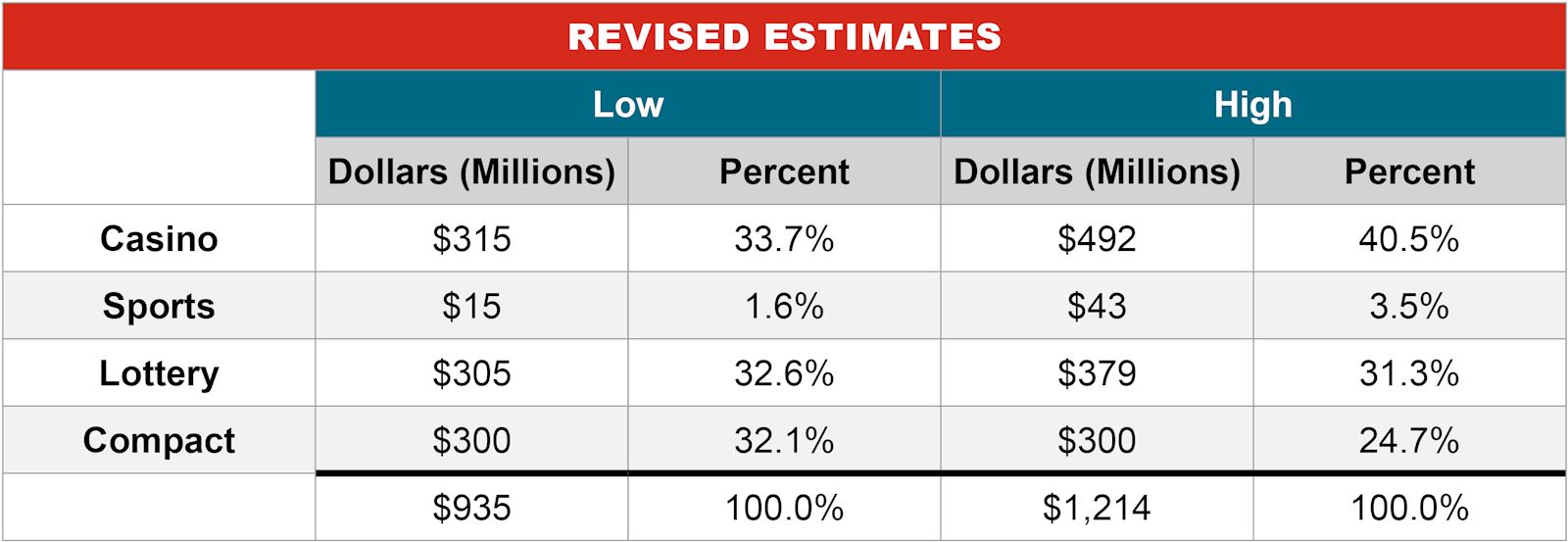The Alabama legislature is prioritizing gaming legislation in its 2024 session, with the Alabama House of Representatives passing the legislation yesterday, February 15. The legislation outlines license allocations, terms and fees, and tax rates. It now moves to the Alabama Senate for consideration. If passed and then signed by Governor Ivey as expected, the legislation will put casinos, lottery, and sports betting on the November ballot for voters.
Overview of the Legislation
- Licenses: Seven gaming establishment licenses reserved for issuance as follows:
- Four reserved with one for each of the following counties: Green County; Birmingham city limits in Jefferson County; Macon County; and Mobile County
- One under the gaming compact with the Poarch Band of Creek Indians (PCI); the PCI currently operates three Class II facilities, which presumably would be converted to Class III pursuant to a compact
- Two reserved for initial issuance in Houston and Lowndes Counties (However, if not awarded by June 1, 2029, the Commission may award to another county or municipality pursuant to a competitive bid process and subject to local approval)
- Includes casino-style Class III gaming, lottery, and sports betting
- Taxes: 24 percent tax on "net gaming revenue" and 17 percent tax on sports wagering activities
- License Term: 15-year initial license (longer if applicant makes $500 million in capital investment)
- License Fee: $5 million minimum
- Regulatory Body: Creation of the Alabama Gaming Commission (the Commission) and an affiliated law enforcement entity. The Commission would include nine members appointed by the Governor, House Speaker, Senate President, and Lieutenant Governor, with an executive director hired after the seats are appointed. The Commission would be responsible for issuing licenses, regulating gaming, and enforcing gaming laws and issuing penalties.
Process for Approval
The legislation passed in the House on February 15 now moves to the Senate for a vote. If the bills make it out of the State legislature and are signed into law as expected by Governor Ivey, the proposal will be included on ballots for Alabama's general election in November, which is the first public vote on gaming in Alabama since 1999.
How the Alabama Proposal Compares to Other Gaming Jurisdictions
Gaming taxes and capital investment can vary massively depending on the market. Louisiana, which has both riverboat and land-based casinos, set a tax rate of 18.5 percent on gross revenue for land-based and 21.5 percent for riverboats. Neighboring Mississippi has a state tax of effectively 12.8 percent (8 percent on gross revenue over $134,000, along with municipal/county taxes of 3.2 percent and license fees).
Whether companies will invest the $500 million for a longer license term is one of many questions to be fleshed out later. For quick comparison, a new Hard Rock branded casino in Danville, Maryland, is estimated to cost $500 million, while the Beau Rivage in Biloxi, Mississippi cost approximately $750 – $800 million back in 1998.
The State of Alabama also revised revenue estimates, with a total revenue now ranging from $935 million to $1.2 billion under the revised estimates. This is an increase of approximately 20 percent from prior estimates. A breakdown of the general revenue sources is below.

Alabama State Treasurer Young Boozer summarized the likelihood of establishing gaming in Alabama during Tuesday's public hearing with, "Gaming will work in Alabama and it will be worth it."
This is an evolving process, and we will keep you up to date on the latest developments. If you have any questions about this pending legislation, please contact William G. Somerville, Michael A. Catalano, or Amy Kebert Elder.